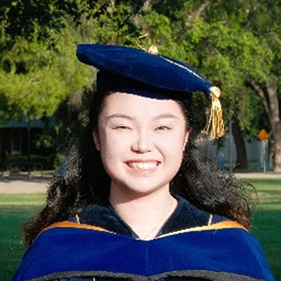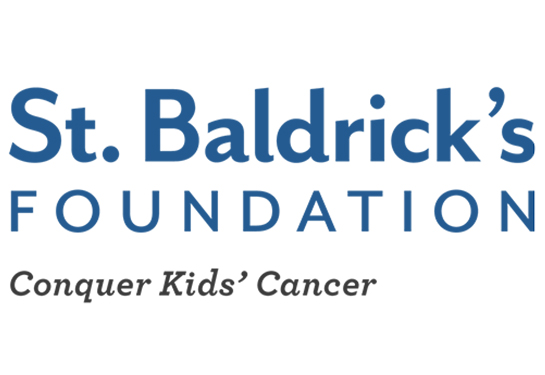Teens in distress turn to tobacco but need more help to quit
UC Davis study shows stronger support and guidance is needed to prevent tobacco use among vulnerable youth
A new study based on the 2022 National Youth Tobacco Survey has uncovered a concerning gap in how health professionals support young people dealing with mental health challenges and tobacco use.
The published research by UC Davis found that nearly half of middle and high school students reported experiencing some psychological distress — such as feeling anxious or depressed — in the past 15 days. These students were more likely to be asked about tobacco use during visits to doctors, nurses or other health professionals. However, they were not more likely to receive advice to avoid tobacco, despite being at higher risk of using it.
“This is a missed opportunity,” said Shichen Zheng, lead author of the study. “Youth who are struggling emotionally are more likely to turn to tobacco products, including e-cigarettes, as a way to cope. Health professionals can play a key role in prevention and treatment, but they need to go beyond just asking — they need to offer guidance and assistance.”
Zheng, is a recent doctoral graduate in epidemiology at UC Davis. Her dissertation work was supported by an award from the Tobacco Cessation Policy Research Center, a community-academic partnership for research and training housed at UC Davis Comprehensive Cancer Center.
The research was conducted by population health scientists with UC Davis Comprehensive Cancer Center. The findings were published in Pediatrics Open Science, the open access journal of the American Academy of Pediatrics, on October 6.
Youth who are struggling emotionally are more likely to turn to tobacco products, including e-cigarettes, as a way to cope. Health professionals can play a key role in prevention and treatment, but they need to go beyond just asking — they need to offer guidance and assistance.”—Shichen Zheng, study’s lead author.
Screening happens, but advice falls short
The study analyzed responses from over 18,000 students nationwide. Results showed 49% said they were screened for tobacco use and 47% were told to avoid it. Youth reporting severe psychological distress — 12.5% — had nearly double the percentage of past-month tobacco use compared to their peers without distress (18.4% vs. 7.7%) and had 42% higher odds of being screened. However, higher levels of distress were not associated with a greater likelihood of receiving advice, and these associations did not differ by tobacco use.
Experts say the findings highlight the need for stronger efforts in youth behavioral health to include tobacco prevention and treatment.
“We need to ensure that every young person — especially those facing mental health challenges — gets both the screening and the support they need to stay tobacco-free,” said senior author Melanie Dove, an associate professor in the Department of Public Health Sciences who studies youth tobacco-related behavior. She is also assistant director of the Tobacco Cessation Policy Research Center.
The researchers hope their findings will encourage quality improvement efforts across the country. “Health clinics and plans need to improve screening and advising about tobacco in national quality measures that now include youth ages 12 and up,” said co-author Elisa Tong, an internist and director of the Tobacco Cessation Policy Research Center, and medical director of the UC Davis Comprehensive Cancer Center Stop Tobacco Program
Other UC Davis authors included Susan Stewart and Theresa Keegan. The Tobacco Cessation Policy Research Center is funded by California’s Tobacco-Related Disease Research Program.
UC Davis Comprehensive Cancer Center
UC Davis Comprehensive Cancer Center is the only National Cancer Institute-designated center serving the Central Valley and inland Northern California, a region of more than 6 million people. Its specialists provide compassionate, comprehensive care for more than 100,000 adults and children every year and access to more than 200 active clinical trials at any given time. Its innovative research program engages more than 240 scientists at UC Davis who work collaboratively to advance discovery of new tools to diagnose and treat cancer. Patients have access to leading-edge care, including immunotherapy and other targeted treatments. Its Office of Community Outreach and Engagement addresses disparities in cancer outcomes across diverse populations, and the cancer center provides comprehensive education and workforce development programs for the next generation of clinicians and scientists. For more information, visit cancer.ucdavis.edu.





